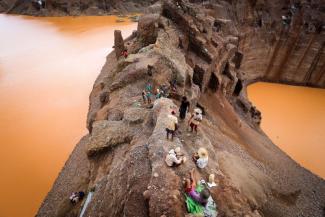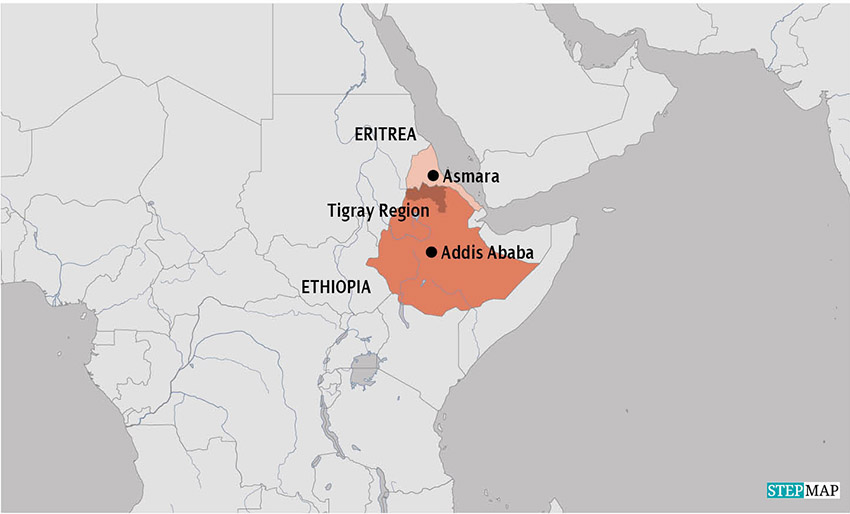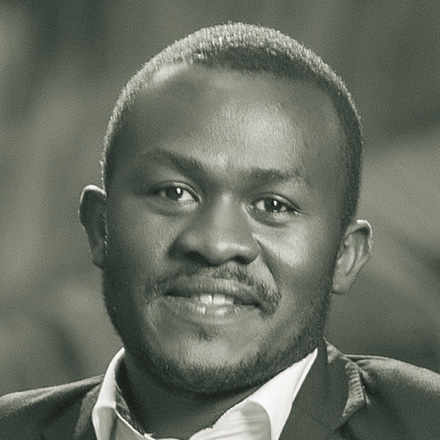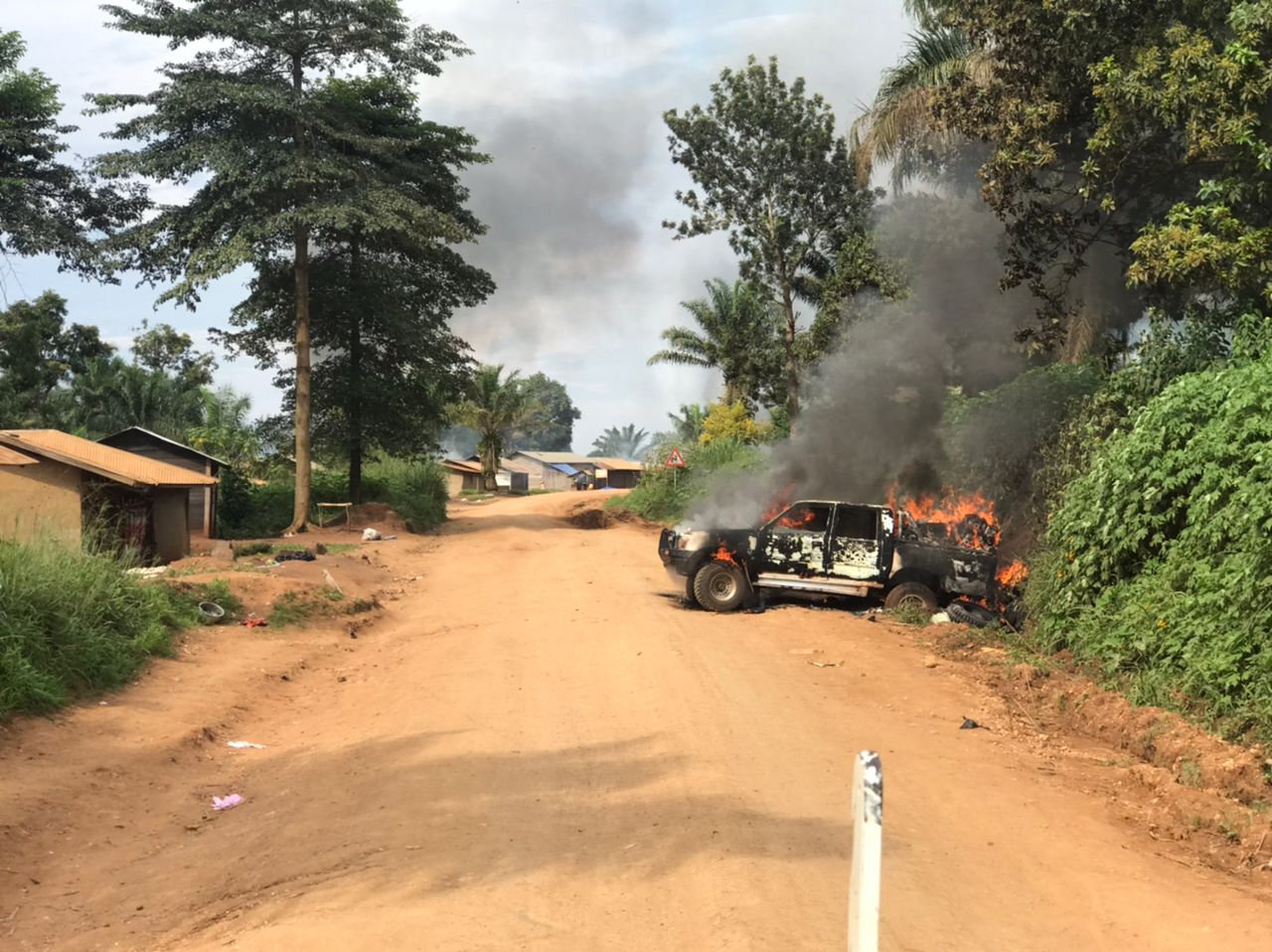Comment
Conflicts over natural resources

When results of Myanmar’s first free and fair election in a quarter of a century in November last year trickled in, it became clear that Aung San Suu Kyi and her National League for Democracy (NLD) had won by a landslide (see article by Ellen Thalman in D+C/E+Z e-Paper 2016/03). The international community celebrated: mission accomplished. Tick a box. Yet, life is much more complicated in Myanmar. Suu Kyi has a long and rocky path ahead of her, and it is by no means clear that she will succeed.
The success of her government will be judged mainly by: a) whether she can bring peace to a country that has seen armed ethnic resistance for most of the past 70 years; b) whether she can develop the economy in a more sustainable and equitable way. Myanmar’s wealth in natural resources – oil, gas, mining, water, timber, land – plays a key role. Interests continue to be diametrically opposed. Suu Kyi will have to balance these powerful interests in her realpolitik of the coming years.
Opposing interests
First, Myanmar’s army is still calling many shots. Apart from major constitutional powers, it is owner of big companies, and former generals and businessmen close to the army control many of Myanmar’s natural resources. For them, jade alone constitutes a bonanza possibly worth a hundred billion dollars or more.
Second, Myanmar is one of the ethnically most diverse countries in the world. Much of Myanmar’s natural resource wealth is located in ethnic areas. There are deep-rooted ethnic grievances about past military governments having plundered what is perceived as their own resources. Ethnic identity, cultural heritage and decision-making powers currently dominate the discourse of the peace process. But I believe that economics will ultimately decide if a lasting peace accord can be struck or not.
Third, Myanmar has become a geopolitical cornerstone in particular for China. Myanmar is a key element of China’s “one belt, one road” initiative. It offers a direct access to the Indian Ocean, avoiding dangerous and expensive trade routes through the Malacca Strait. China has high stakes in hydropower, a pipeline, mining, and large infrastructure. A major blow was the 2011 suspension by President Thein Sein of the 6,000 megawatt Myitsone Dam joint venture with China amidst great public resistance.
A legacy of bad governance
Suu Kyi has to confront a legacy of badly designed, negotiated and implemented natural resources mega-projects. The military government has made dodgy backroom deals with foreign partners. What these have in common is:
- an almost complete lack of contract transparency,
- no or no meaningful environmental and social impact assessments (ESIA),
- lack of any meaningful public participation and
- forced expropriation and eviction of farmers from their land without appropriate compensation.
Conflicts over natural resources are highly explosive and have the potential to alienate either one of the competing interests. The NLD will probably look at the projects one by one and then decide whether compromise is possible, projects can be renegotiated, proper ESIA and meaningful participation introduced, or whether it must risk upsetting either one of the interests – by going ahead or by shutting down a project. Quick access to the relevant information is needed as well as top notch technical and legal assistance. The EU could play an important role in this respect.
Mirco Kreibich became Heinrich-Böll-Foundation’s first Myanmar country director in July 2015.
mirco.kreibich@mm.boell.org












